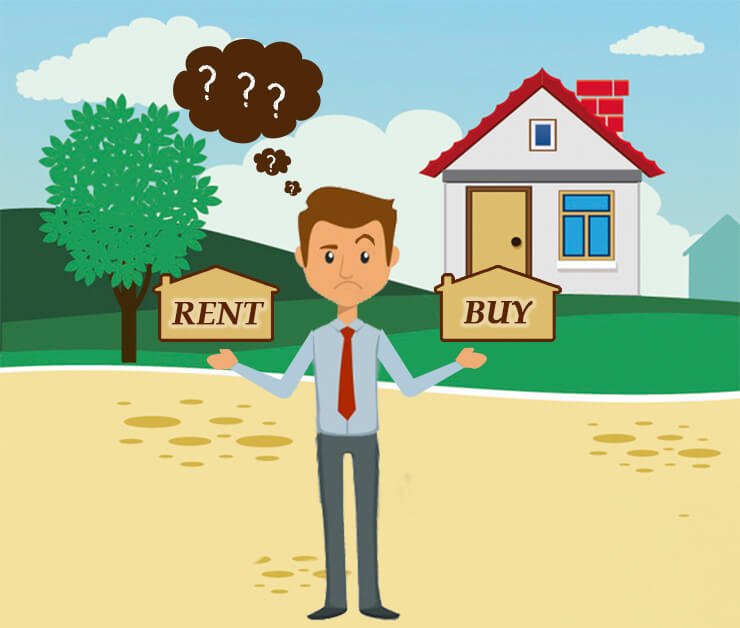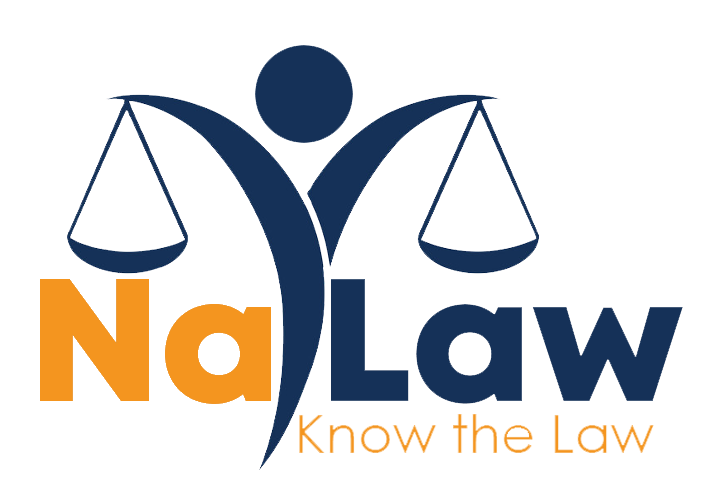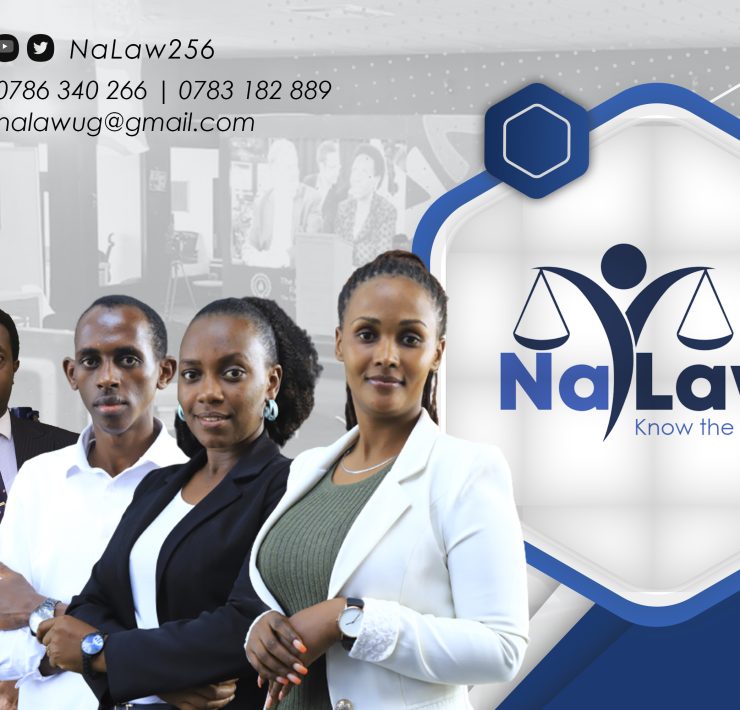Renting in Uganda: A Comprehensive Guide to Tenant Rights for Young Adults

Introduction: Navigating the Rental Landscape in Uganda
Renting a home is a significant step toward independence for young adults in Uganda. As you embark on this journey, understanding your rights and responsibilities as a tenant is crucial for a smooth and respectful relationship with landlords. This article delves into the multifaceted aspects of renting in Uganda, breaking down the complexities to empower young adults with the knowledge they need.
The Rental System in Uganda: An Overview
The rental system in Uganda is dynamic, influenced by various factors such as location, property type, and local regulations. It operates as a complex system with interconnected elements, each affecting the other. Let’s explore these elements in detail:
- Rental Agreements: The Foundation of the System
Rental agreements serve as the backbone of the renting system. These contracts outline the terms and conditions agreed upon by the tenant and landlord. Understanding the terms of your rental agreement is essential, as it forms the basis for your rights and responsibilities as a tenant.
- Rent Control Laws: Balancing the System
Uganda has rent control laws in place to ensure fairness and prevent arbitrary increases in rent. The Rent Restriction Act of 1949, although somewhat outdated, establishes certain limitations on how much a landlord can increase rent. However, these laws may not cover all rental situations, making it essential for young adults to be aware of their rights within this legal framework.
Tenant Rights in Uganda: A Holistic Perspective

As a tenant, your rights are interconnected with various aspects of the rental system. Let’s break down these rights:
- Right to Habitable Living Conditions: A Fundamental Element
A tenant’s right to a habitable living space is a foundational element of the rental system. This right encompasses the expectation that the property meets basic standards of health and safety. Landlords have a responsibility to maintain the property in a condition that ensures the well-being of tenants.

- Privacy and Quiet Enjoyment: Balancing Interactions in the System
The right to privacy and quiet enjoyment is a crucial aspect of tenant rights. It acknowledges that tenants have the right to live in their rented space without unnecessary interference from landlords. This includes respecting tenants’ privacy, giving proper notice before entering the property, and refraining from disruptive behaviour.
- Non-Discrimination: Fostering Equality in the System
The principle of non-discrimination within the rental system ensures that tenants are treated fairly and equally, regardless of their background. Landlords cannot discriminate against tenants based on factors such as gender, race, religion, or disability.
- Right to Repairs and Maintenance: Sustaining the System
The right to repairs and maintenance ensures that tenants live in a property that is structurally sound and in good repair. Landlords are responsible for addressing maintenance issues promptly, contributing to a sustainable and functional rental system.
Responsibilities of Tenants: A Reciprocal Relationship
It’s essential to recognise that tenant rights come with corresponding responsibilities. Each party in the rental system influences the other, contributing to a balanced and functional relationship:
- Timely Payment of Rent: A Financial Flow in the System
Paying rent on time is not just a financial obligation; it’s a critical element that sustains the rental system. Timely rent payments enable landlords to maintain and improve the property, contributing to the overall health of the system.
- Property Care and Maintenance: Nurturing the Living Environment
Tenants have a responsibility to care for the property they are renting. This includes keeping the premises clean, promptly reporting maintenance issues, and treating the property with respect. This reciprocal relationship fosters a harmonious coexistence within the rental system.
- Compliance with Terms of Agreement: Aligning with the System’s Framework
Adhering to the terms and conditions outlined in the rental agreement is essential for maintaining a smooth and functional rental system. Tenants should be aware of and comply with the rules and regulations established by the landlord within the legal framework.
Dispute Resolution: Addressing Imbalances in the System
In any complex system, disputes may arise. In the rental system, having effective mechanisms for dispute resolution is crucial. Both tenants and landlords should be aware of the legal avenues available for addressing conflicts, such as mediation or legal action.
Accessing Legal Resources: Strengthening Your Position in the System
To navigate the complexities of the rental system, it’s crucial for young adults to be aware of available legal resources and support mechanisms. Empowering yourself with knowledge about legal avenues strengthens your position within the system:
- Legal Aid Organisations: Allies in the System

In Uganda, there are legal aid organisations and non-governmental organisations that provide assistance to tenants facing legal challenges. These organisations offer guidance, legal advice, and sometimes representation to individuals who may not have the financial means to hire a private attorney.
- Tenant Associations: Collective Strength
Joining a tenant association can provide you with a collective voice and strength. These associations often advocate for tenants’ rights, share information about legal developments, and provide a platform for tenants to support each other.
- Local Legal Clinics: Community Support
Many communities in Uganda have legal clinics that offer free or low-cost legal services. These clinics can be valuable resources for tenants seeking advice on rental issues, understanding their rights, and exploring options for dispute resolution.
Adapting to a Changing System: Stay Informed and Proactive
The rental system, like any complex system, is subject to change. Legal amendments, economic shifts, and societal developments can impact the dynamics of renting in Uganda. As a young adult tenant, staying informed and proactive is key to adapting to these changes:
- Stay Updated on Legal Changes: A Dynamic System
Regularly update yourself on any changes to rental laws and regulations in Uganda. Legal amendments may introduce new rights or obligations for tenants, and being aware of these changes empowers you to make informed decisions.
- Engage in Community Dialogues: Shaping the System
Participate in community dialogues and discussions about housing and rental issues. Your voice matters, and engaging with others in your community can contribute to a collective effort in shaping a fair and inclusive rental system.
- Advocate for Fair Housing Policies: A Systems Change Approach
Consider advocating for fair housing policies that address the needs of young adults in Uganda. Engaging with policymakers and participating in advocacy campaigns can contribute to systemic changes that benefit tenants across the country.
Knowledge as Empowerment: Navigating the Rental System with Confidence
Understanding your rights and responsibilities as a young adult tenant is a key factor in navigating this system successfully and by adopting a systems thinking approach, you can recognise the interdependencies within the rental system and make informed decisions that contribute to a balanced and respectful living environment. As you embark on your journey as a tenant, remember that knowledge is empowerment—empower yourself with the understanding of the rental system, and you’ll be better equipped to thrive in your rented space.
Conclusion: Thriving Within the Rental System
Renting in Uganda is not just a contractual arrangement; it’s a dynamic system with intricate interdependencies. By understanding the interconnected elements, recognising your rights, fulfilling your responsibilities, and accessing available legal resources, you can thrive within the rental system and contribute to a positive living environment for yourself and those around you.
Remember, your role as a tenant is not passive; you are an active participant in a dynamic system that involves collaboration between tenants, landlords, and the legal framework. Armed with knowledge, awareness, and a proactive mindset, you have the tools to not only navigate the complexities of renting but also to shape a rental system that reflects fairness, equality, and mutual respect. As you embark on your journey as a young adult tenant, may you find not only a place to live but a space where you can thrive and contribute to the flourishing of the broader rental system in Uganda.



